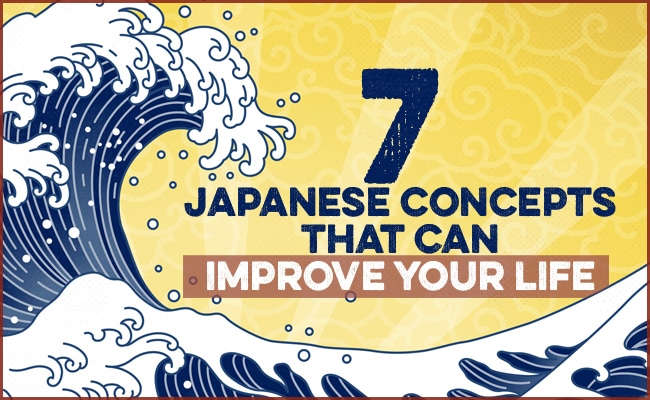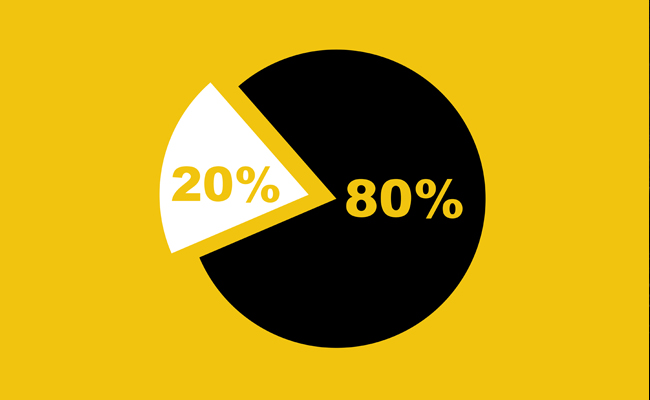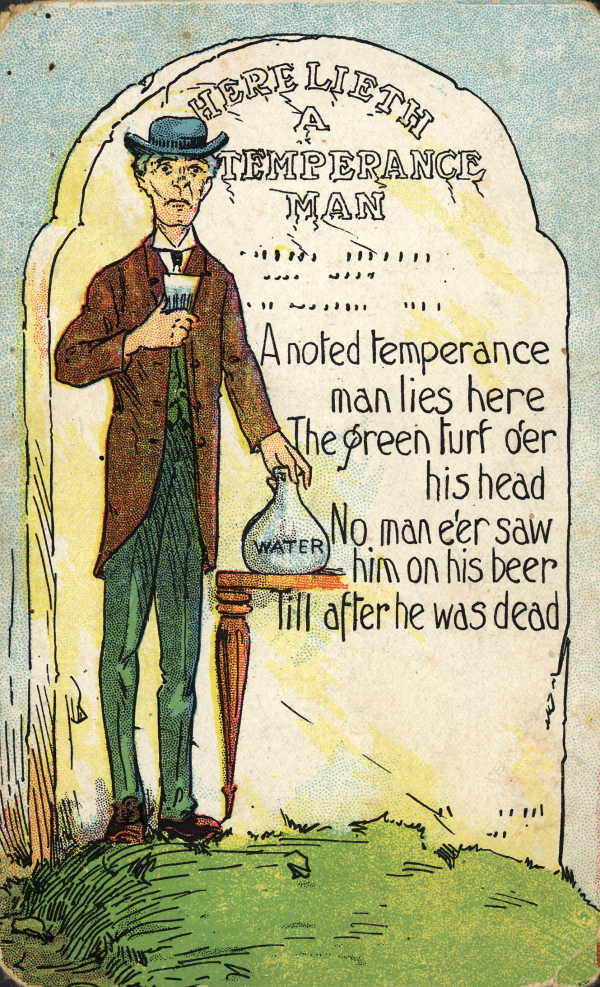
Like many American boys who grew up in the 1980s, I loved The Karate Kid. For months when I was five years old, I demanded that my family call me “Daniel-san” instead of Brett.
Besides instilling in me a desire to crane-kick everyone, The Karate Kid also implanted a nascent interest in Japanese culture. When I was five, I remember cobbling together a small Shinto shrine out of construction paper, popsicle sticks, and Elmer’s glue so I could have a setup similar to Mr. Miyagi’s dojo in my bedroom. It’s funny to think about a five-year-old church-going kid living in the middle of Oklahoma creating a Shinto shrine for himself.
My appreciation for Japanese culture has deepened since then and continues today. One of the things I love about the Japanese is that, like the ancient Greeks, they can take complex ideas or concepts and sum them up in a single word or phrase. These phrases can serve as reminders of how to live a flourishing life. I’ve filed away some of these Japanese concepts over the years and incorporated them into my life.
Here are seven of my favorites:
Kaizen: Seeking Continuous Improvement
Kaizen is a Japanese term that means “continuous improvement.” It’s the idea of making small, incremental changes over time to improve your life and achieve your goals. The Japanese believe that even small changes, made consistently, can accrue significant compound interest.
We’ve written in detail about the history of kaizen and how to implement it in your life here. It’s one of our most popular articles.
Here’s the gist: Try getting just 1% better every day. If you can make tiny improvements over months, years, and decades, you can move mountains.
Ikigai: Finding Your Purpose
Ikigai is a Japanese concept that translates to “a reason for being.” It’s the idea of finding one’s purpose in life and aligning it with one’s passions, skills, and values. The Japanese believe finding and pursuing your ikigai is the key to a long and happy life.
Ikigai is similar to the Hindu idea of dharma, which we’ve written about previously, or Nietzche’s idea of “becoming who you are.”
We’ve got lots of articles and podcasts on this subject. Here are a few of my favorites that can help you discover your ikigai:
- Podcast #616: A Guide for the Journey to Your True Calling
- Podcast #296: How to Find Your Life’s Purpose
- Finding Your Calling Part I: What Is a Vocation? [This is a series]
- Podcast #518: The Quest for a Moral Life
Oubaitori: Avoiding Comparison to Others
The characters that spell out oubaitori represent four different trees that bloom in Japan in the spring: cherry, apricot, peach, and plum. Each tree blooms in its own way and in its own time, and each bears a distinct flower and fruit. Oubaitori as a concept grows out of this arboreal image and refers to the idea of avoiding the habit of comparing yourself to others and embracing your unique journey and timeline instead.
Theodore Roosevelt (another appreciator of Japanese culture) famously said, “Comparison is the thief of joy.” Boy, was he right. I’ve noticed that I tend to get most down in the dumps when I start measuring my success against the success of others. Whenever I start doing that, I just remind myself to practice oubaitori. The word serves as a trigger to shift my focus away from others and back to my own path.
Wabi-Sabi: Embracing Imperfection
Wabi-sabi is a Japanese philosophy that embraces imperfection and transience. As artist Leonard Koren put it, wabi-sabi is about finding beauty in the “imperfect, the impermanent, and the incomplete.” It’s the idea that flaws do not necessarily negate something’s worth.
While wabi-sabi is often applied to objects like pottery, it also has resonance for how we think about all kinds of projects, and even ourselves. While there’s a place for seeking excellence and perfection in life, at a certain point, that pursuit can get in the way of making progress. Think of the writer who’s never able to turn in a manuscript because he keeps tinkering with the edits, the guy who never starts a business because he keeps fine-tuning his business plan, or the person who’s crippled by anxiety whenever he makes a mistake. At a certain point, you have to tell yourself, “Wabi-sabi, baby!” You have to embrace imperfection as inherent to all art, to all striving, and to the human condition itself — and move on with your life.
Hara Hachi Bu: Eating Until You’re 80% Full
Hara hachi bu is a Japanese maxim that means “eat until you’re 80% full.” This concept originated on the island of Okinawa (home of Mr. Miyagi, natch), where people use the mantra to avoid overeating and the ill effects that come with it.
A lot of our problems around diet and obesity could be solved if people ate with greater intuition and mindfulness: if they slowed down and savored their food, they only ate while eating (instead of eating while scrolling their phone or watching TV), and they stopped eating once their bodies signaled they’d had enough — before feeling stuffed. I like the hara hachi bu idea of pushing back from the table when you’re 80% full, because usually by the time I feel full-full, I’ve already overeaten. Maintaining a healthy weight requires leaving just a bit of emptiness in your stomach — eating until you reach the point where you could have a few more bites, but you don’t.
Shikata Ga Nai: Accepting What You Cannot Change
Shikata ga nai is a Japanese concept that means “it cannot be helped.” This concept centers on accepting the things we cannot change and letting them go.
Shikata ga nai harkens to Stoic philosophy. A lot of our frustration in life comes from the fact that our expectations don’t meet reality. We want things to be one way when they’re another. Shikata ga nai is a reminder to accept things as they are and move forward. By recognizing what we cannot control, we eliminate angst and frustration, but more importantly, it allows us to focus on the things we can change and work towards improving them.
Shinrin-Yoku: Forest Bathing
Shinrin-yoku is the famous ancient Japanese practice of “forest bathing.” It represents “taking in the forest atmosphere” in order to receive the many physical, mental, and spiritual benefits you get by spending time in nature.
Shinrin-yoku isn’t about tromping through the woods with the single-minded purpose of hitting a certain number of miles on a hike. It’s about experiencing nature with all your senses: paying attention to the soft bed of pine needles beneath your feet, the way rays of sunlight filter through the trees’ branches, and the sound of a gurgling brook that runs alongside the trail. It’s about truly immersing yourself in the natural world.
Any kind of nature heals the body and soul, but the wilder it is, the greater its restorative effect. I really like Michael Easter’s 20-5-3 rule for how much time to spend outside:
- 20 minutes, 3X a week in something like a city park or botanical garden
- 5 hours each month in a semi-wild area like a state park
- 3 days each year camping, backpacking, or staying in a cabin in the wilderness
By hitting those metrics, you’ll definitely get in enough forest baths to keep yourself cleansed from the spirit-stultifying sediment of civilized life.







